Greece, Ukraine, and Europe's existential crisis
The continent should ask itself, "What would Napoleon do?"

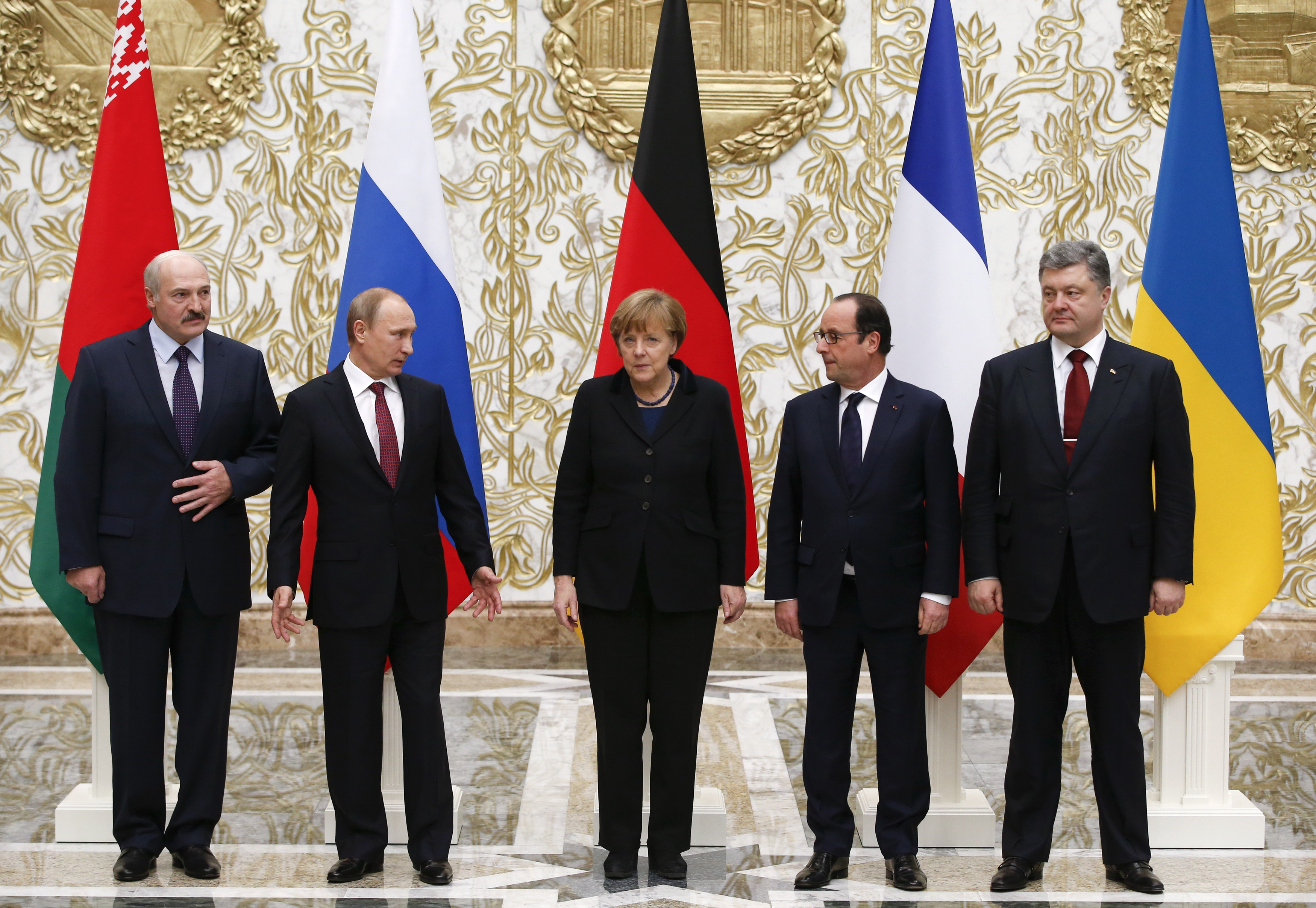
A free daily email with the biggest news stories of the day – and the best features from TheWeek.com
You are now subscribed
Your newsletter sign-up was successful
What a sad commentary that Europe, home of existentialism, should find itself so often in an existential crisis.
Try as Europe might, continental union keeps eluding its grasp. This is something the diplomats who rebuilt the order of things in Napoleon's wake understood all too well.
Napoleon's empire proposed a colossal but elegant solution to the problem of European union. As the artists say: When it doubt, cut it out. Britain could be left to the British, the Balkans to the Ottomans. Only the invasion of Russia violated Napoleon's sense of Europe's true boundaries (see a map of Napoleonic Europe here), and only the invasion of Russia brought Napoleon's Europe crashing down.
The Week
Escape your echo chamber. Get the facts behind the news, plus analysis from multiple perspectives.

Sign up for The Week's Free Newsletters
From our morning news briefing to a weekly Good News Newsletter, get the best of The Week delivered directly to your inbox.
From our morning news briefing to a weekly Good News Newsletter, get the best of The Week delivered directly to your inbox.
In Europe's present identity crisis, the limited borders of Bonaparte's empire offer a deep and powerful lesson. Mistakes and illusions about the viability of "greater Europe" can be more than costly. They can be devastating.
Consider the continent's latest spasm of panic over two crises. On the one hand, there is the slow-motion destruction of Ukraine; on the other, the much more rapid realization of so-called "Grexit," the Greek departure from the European Union on account of financial default.
For the economic supremacists, a Greek default threatens a chain reaction of calamities, one that culminates at the very heart of the EU system — and the EU's identity. With the Greeks in default and back on the Drachma, Portugal and Spain could be next, and then, who knows?
Europe's ideal identity is above all economic. This vision promises that unity can and must be found beyond politics. But the peripheral disintegration of euro membership is always a contagion waiting to spread. There is no economic logic that permits the EU to kick out one and only one member state. That logic pertains to a kind of solidarity that has no economic rationale. The crisis of Greece is that European unity will be revealed as a political idea after all. And no one is really prepared to deal with the implications of that.
A free daily email with the biggest news stories of the day – and the best features from TheWeek.com
Similarly, the Ukraine crisis calls Europe's whole being into question. In Ukraine, Europeans find an impossible country: one that both does and doesn't belong. Holding Kiev to European standards of economic and political order means freezing Ukraine out of Europe. But including the former Soviet state within the bounds of Europe means attacking Europe's identity at its core, all while reopening the awful question of whether Europe's "internal" affairs affect Russia's core national security interests. The Ukraine crisis reveals that, with or without Greece, Europe is still a political idea at bottom — that is, an idea that must be acted upon politically. And in a terrible reprise of Europe's most traumatic times, it appears that no political choice can protect both European unity and European peace.
Here in the real world, the Greek crisis and the Ukraine crisis are playing out together, and inescapably so. What's more, Europe must accept that it has brought both crises upon itself.
It may well be rash to ask what Napoleon would do. On the other hand, the bounds of Napoleonic Europe provide an even better guide to Europe's insurmountable constraints than the emperor's ultimate failure. It seems likely that the only way for a united Europe to withstand its existential challenge is to maintain conceptually defensible borders — borders that exclude Greece and Ukraine alike.
If this is good news for Russia, which has unabashed designs on both countries, it is bad news for America, which will — yet again — be left holding Europe's bag. Grexit promises a return to the dynamic of Greece after WWII, where a bankrupt Britain had to hand the country's dubious fate to the U.S. In effectively handing Ukraine to Russia, Europe will be handing another burden to America. The financial and military strength of the U.S. will once again be put to the test to underwrite the existential sanity of the European people.
In that sense, the core of Europe will have come a long and sad way from Napoleon's day. European unity is still a political idea in search of a political master, and Europe's democracy is still more of a puzzle than a solution for the question of its identity.
James Poulos is a contributing editor at National Affairs and the author of The Art of Being Free, out January 17 from St. Martin's Press. He has written on freedom and the politics of the future for publications ranging from The Federalist to Foreign Policy and from Good to Vice. He fronts the band Night Years in Los Angeles, where he lives with his son.
-
 The environmental cost of GLP-1s
The environmental cost of GLP-1sThe explainer Producing the drugs is a dirty process
-
 Greenland’s capital becomes ground zero for the country’s diplomatic straits
Greenland’s capital becomes ground zero for the country’s diplomatic straitsIN THE SPOTLIGHT A flurry of new consular activity in Nuuk shows how important Greenland has become to Europeans’ anxiety about American imperialism
-
 ‘This is something that happens all too often’
‘This is something that happens all too often’Instant Opinion Opinion, comment and editorials of the day
-
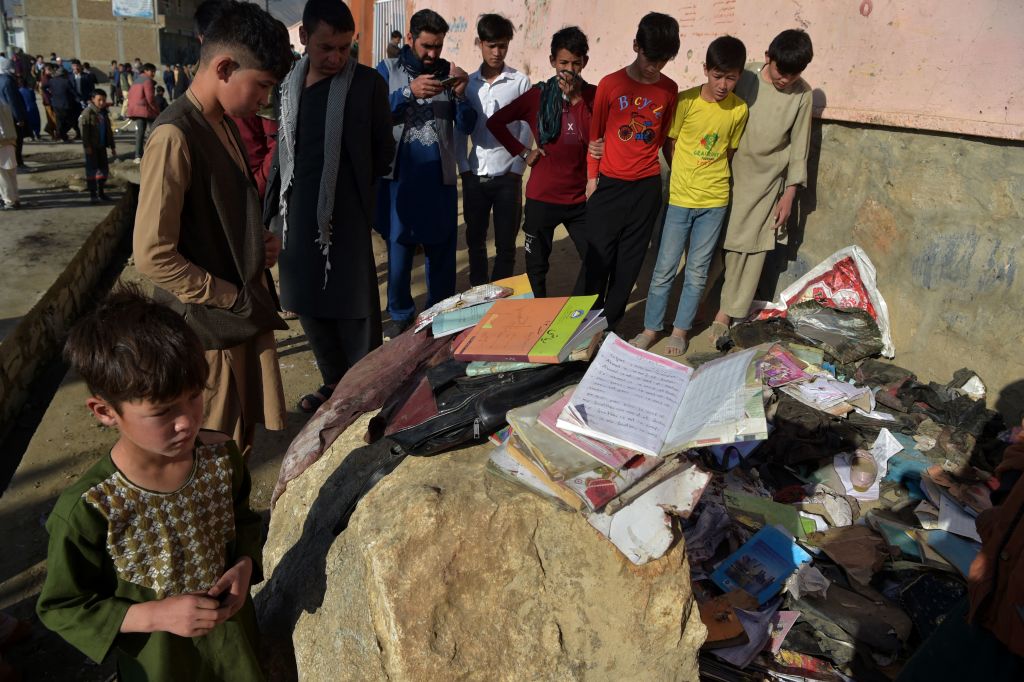 Bombing at girls' school in Kabul kills at least 50, including students
Bombing at girls' school in Kabul kills at least 50, including studentsSpeed Read
-
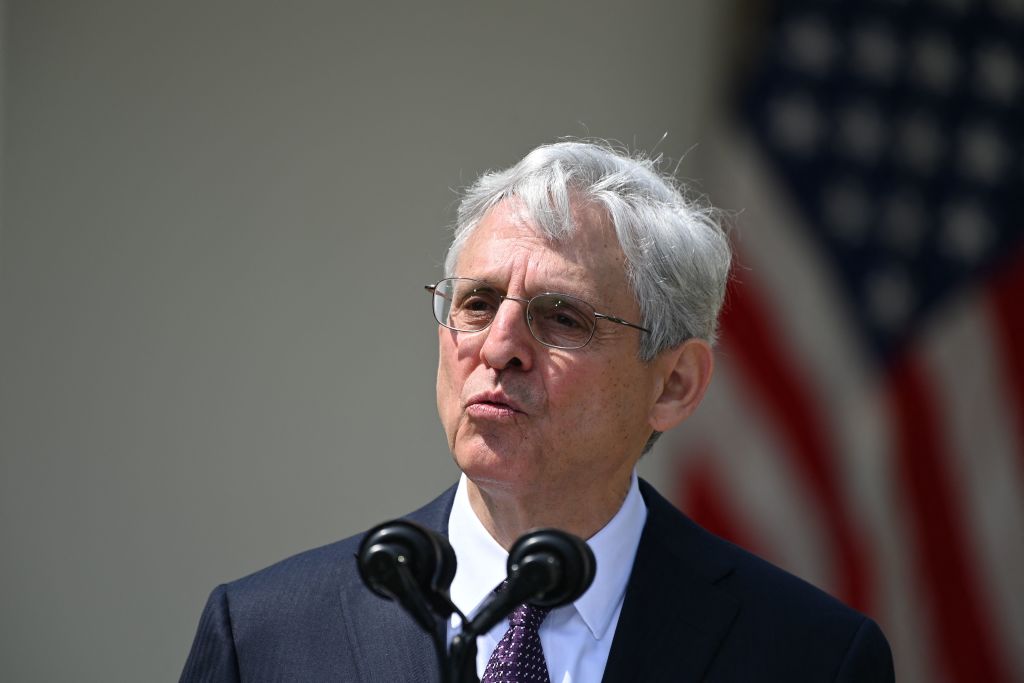 Garland says DOJ is 'pouring its resources' into stopping domestic terrorists 'before they can attack'
Garland says DOJ is 'pouring its resources' into stopping domestic terrorists 'before they can attack'Speed Read
-
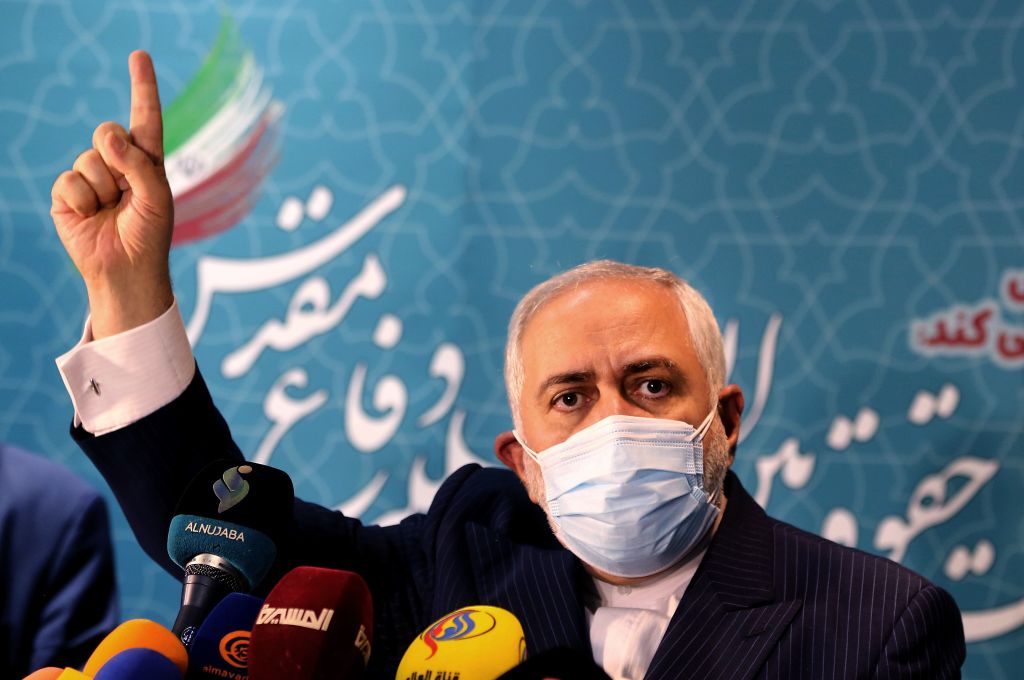 Suspected Israeli cyberattack on Iranian nuclear site complicates U.S.-Iran nuclear deal talks
Suspected Israeli cyberattack on Iranian nuclear site complicates U.S.-Iran nuclear deal talksSpeed Read
-
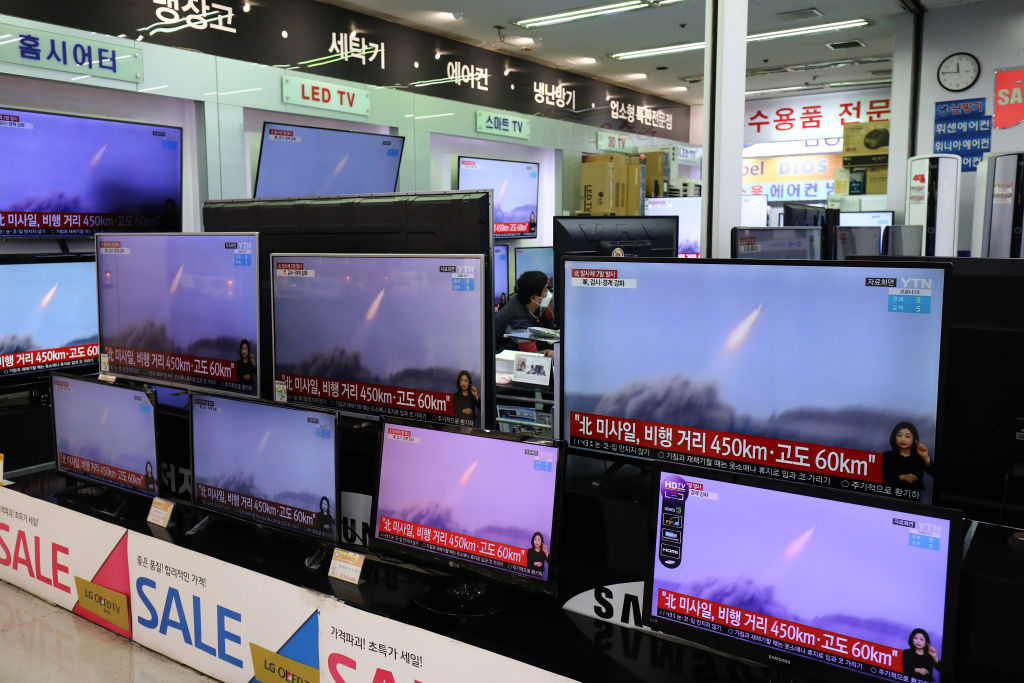 North Korea fires 2 ballistic missiles into sea
North Korea fires 2 ballistic missiles into seaSpeed Read
-
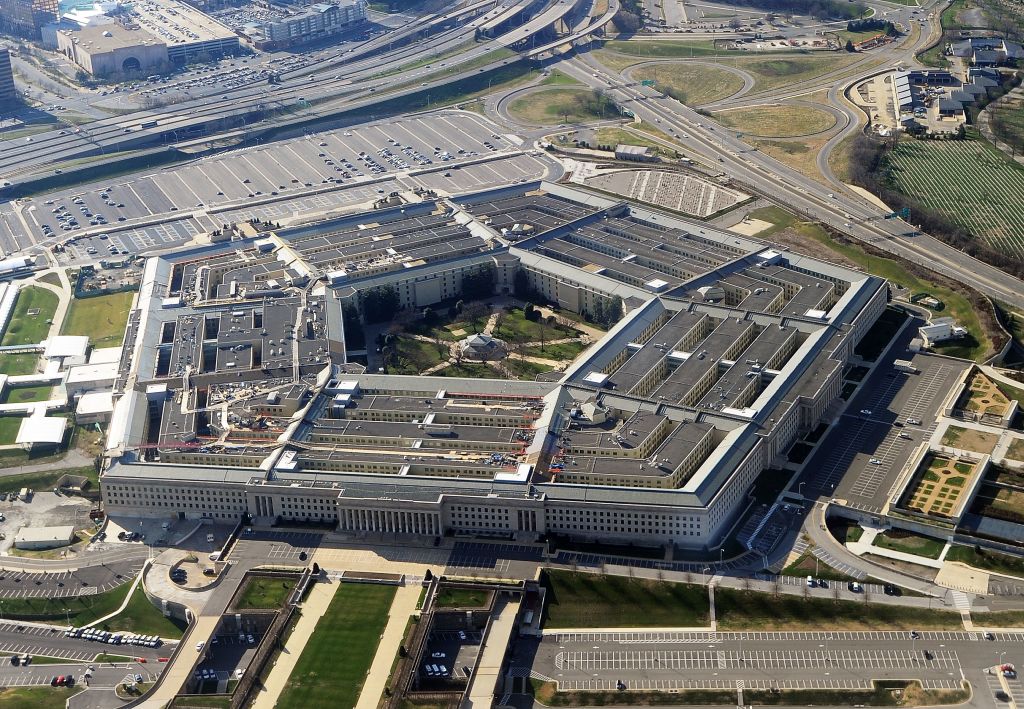 U.S. airstrikes target Iranian-backed militia facilities in Syria
U.S. airstrikes target Iranian-backed militia facilities in SyriaSpeed Read
-
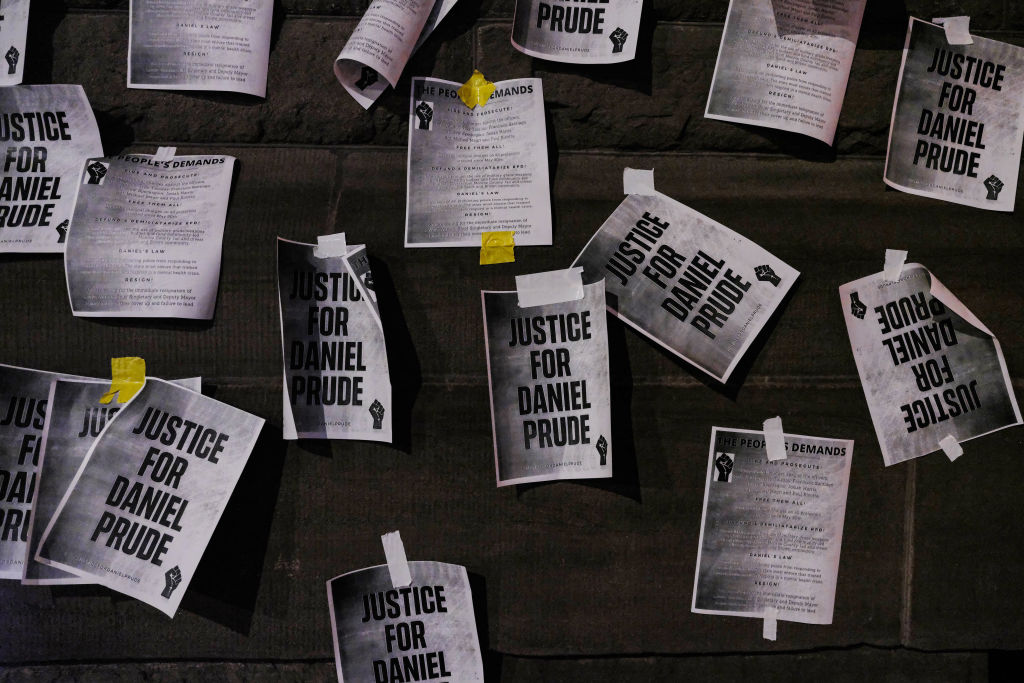 Rochester police who killed Daniel Prude during mental health crisis won't face charges
Rochester police who killed Daniel Prude during mental health crisis won't face chargesSpeed Read
-
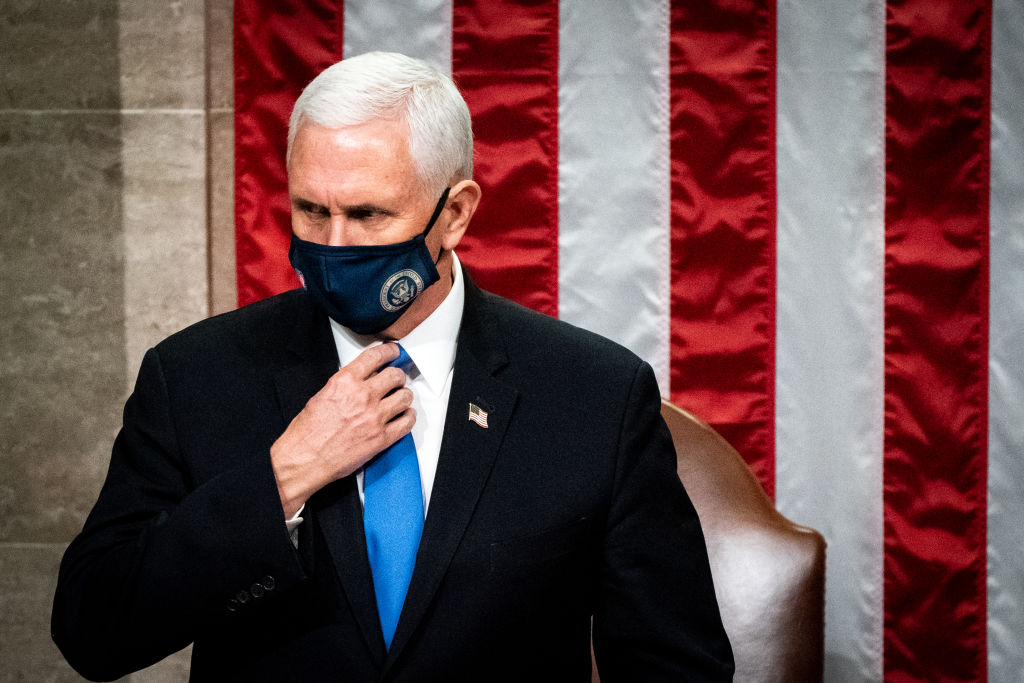 Mike Pence's 'nuclear football' was also apparently at risk during the Capitol siege
Mike Pence's 'nuclear football' was also apparently at risk during the Capitol siegeSpeed Read
-
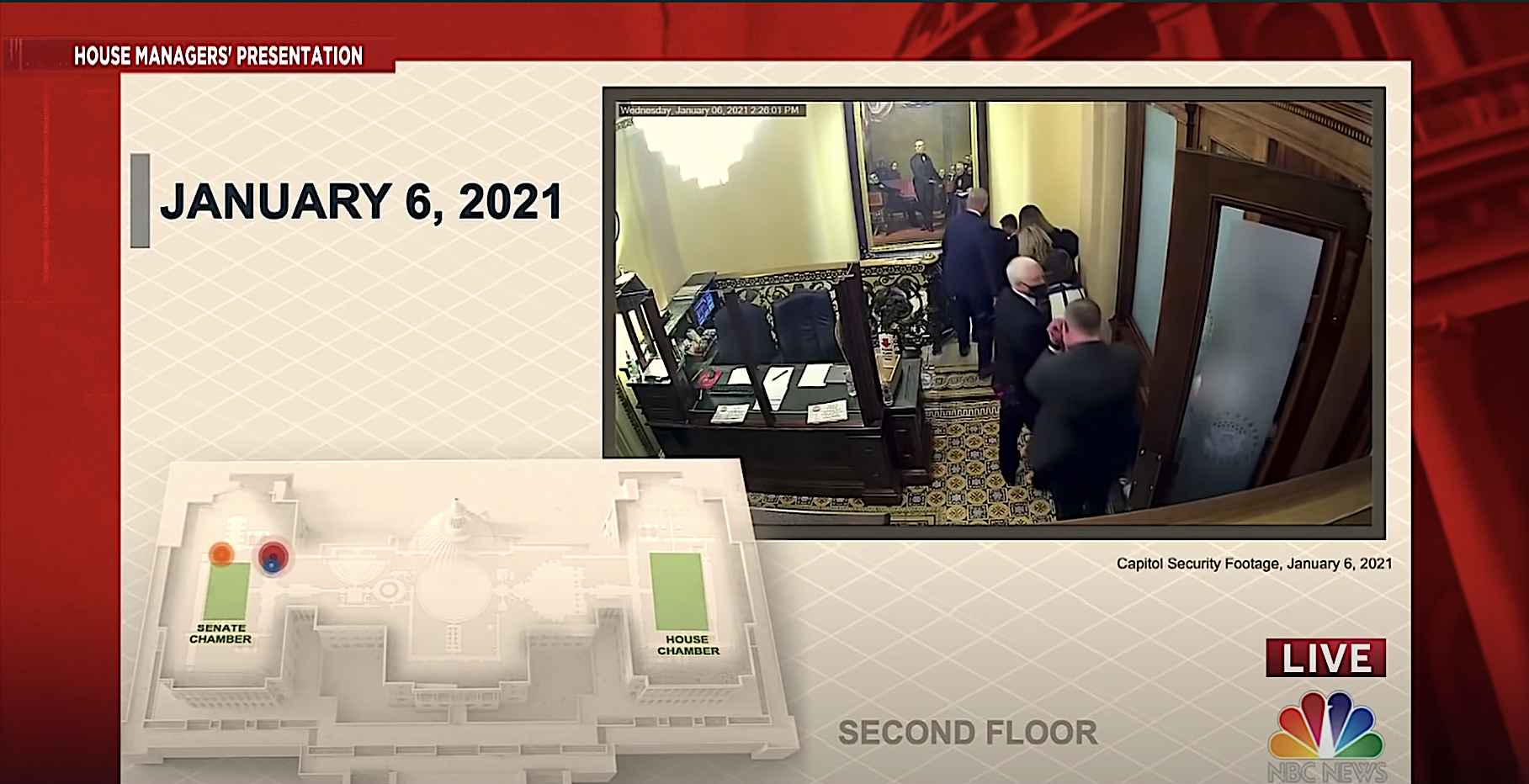 Trump publicly attacked Pence during the Capitol riot knowing Pence was in trouble, GOP senator suggests
Trump publicly attacked Pence during the Capitol riot knowing Pence was in trouble, GOP senator suggestsSpeed Read
